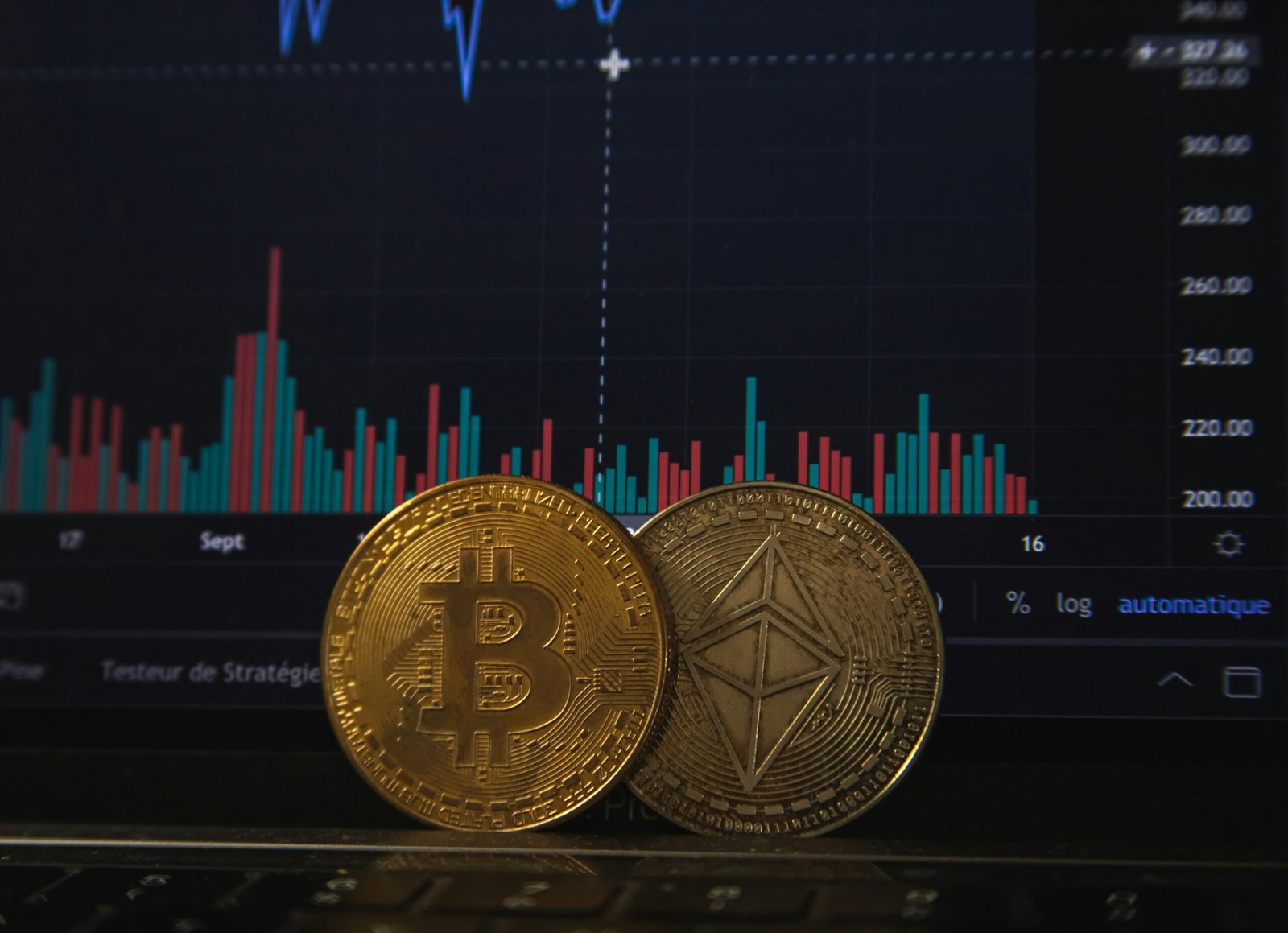Revolutionizing Communication: The Rise of AI-Driven Solutions in Lebanon
Overview of the Latest AI Developments in Lebanon
Lebanon is witnessing a transformative phase characterized by the increasing adoption of artificial intelligence (AI) across various sectors. The Lebanese government, alongside private enterprises and startups, is actively investing in AI technologies to foster innovation and drive economic growth. A notable example is the establishment of several AI research centers, which aim to cultivate local talent and promote advancements in this domain. These facilities are crucial in creating a conducive environment for research and development, ultimately enhancing Lebanon’s position in the global AI landscape.
In the health sector, companies such as Smart Health are implementing AI-driven solutions to improve patient outcomes. By introducing machine learning algorithms, Smart Health is transforming patient diagnosis and treatment plans, thereby streamlining healthcare processes and minimizing human errors. Furthermore, the integration of AI technologies into telemedicine platforms is making healthcare services more accessible, particularly in remote areas.
Education is another domain experiencing significant changes due to AI advancements. Institutions like the Lebanese American University are incorporating AI into their curriculums, preparing students for a future where AI plays an indispensable role in various fields. Projects focusing on adaptive learning systems are also being developed, enabling personalized education experiences for students based on their unique needs and learning paces.
In the business landscape, enterprises such as BotMe, a startup specializing in chatbot solutions, are revolutionizing customer service. By leveraging AI technologies, BotMe enables companies to enhance engagement with their customers, thereby increasing operational efficiency. Businesses are also utilizing AI for predictive analytics, which allows them to anticipate market trends and make data-driven decisions.
Overall, the rising trend of AI-driven solutions in Lebanon illustrates the country’s commitment to embracing technology to enhance efficiency across different sectors. As more organizations adopt these innovations, Lebanon is steadily carving out a niche in the global AI market.
Key Players in Lebanon’s AI Landscape
Lebanon’s AI landscape is gaining momentum, marked by the emergence of several key players that are actively driving innovation and contributing to the global AI ecosystem. Prominent companies and startups in Lebanon are harnessing artificial intelligence technologies to address local challenges and expand their reach into international markets. Among these, firms such as DataLab and Intelligence stand out as leaders, focusing on data analytics and machine learning solutions tailored for various sectors including finance, healthcare, and telecommunications.
DataLab, for instance, has made significant strides in developing AI algorithms that enhance predictive analytics, providing businesses with the tools needed to make more informed decisions. Similarly, Intelligence has pioneered solutions that employ natural language processing to improve customer service experiences across multiple platforms. These startups exemplify Lebanon’s burgeoning entrepreneurial spirit and the increasing propensity for tech-driven solutions in a country where the demand for digital transformation is ever-pressing.
Moreover, collaborations between these local innovations and international tech giants amplify the reach and impact of AI in Lebanon. Initiatives and partnerships with entities like Google and Microsoft not only provide vital resources and expertise but also present opportunities for Lebanese companies to integrate their solutions into global markets. However, despite these advancements, unique challenges persist. Factors such as limited access to funding, infrastructure deficits, and geopolitical instability hinder the overall progress of AI development.
The intersection of technology and academia is also pivotal. Institutions like the American University of Beirut (AUB) play a crucial role in fostering AI research by driving collaboration between students and industry professionals. This synergy creates a robust pipeline of talent adept in AI applications, contributing to a competitive workforce.
As Lebanon continues to navigate the complexities of its local market, the concerted efforts of these key players in the AI sector will undoubtedly shape the future of communication technologies, propelling the nation into the next era of technological advancement.
Impact of AI on Lebanon’s Economy and Society
The emergence of artificial intelligence (AI) technologies is significantly reshaping Lebanon’s economic landscape and societal frameworks. With a dual focus on job creation and enhancing overall business efficiency, AI solutions are paving the way for a modernized approach to traditional practices. As of today, Lebanon is witnessing impressive developments in AI, such as the establishment of AI-driven platforms that facilitate various business operations, create innovative startups, and provide high-skilled employment opportunities.
One of the crucial impacts of AI in Lebanon is the generation of new job categories that cater to the evolving needs of the market. Positions in data analysis, machine learning, and AI development are becoming increasingly sought after as companies recognize the competitive advantages these technologies offer. Educational institutions and training programs are also adapting to the demand by promoting relevant curriculums that equip students with necessary skills. This dynamic not only contributes to a robust economy but also draws international investors looking for a progressive environment.
Moreover, AI-driven solutions are proving valuable in bolstering business efficiency across various sectors, including finance, healthcare, and logistics. For instance, banks are increasingly utilizing AI algorithms to enhance customer service and streamline operational processes. Healthcare providers employ AI technologies to improve patient diagnosis and management, making healthcare more accessible. Additionally, logistics firms leverage AI to optimize supply chains, leading to cost reductions and improved service delivery.
In enhancing citizen services, the Lebanese government is exploring the use of AI for better governance and public administration. Implementing AI applications can lead to more effective service delivery, allowing citizens to access essential services seamlessly. Such advancements not only improve the quality of life for Lebanese citizens but also promote a more transparent and accountable government structure.
Future Trends and Predictions in AI for Lebanon
The landscape of artificial intelligence (AI) in Lebanon is evolving rapidly, mirroring global trends while embracing its unique local context. As we move deeper into the 21st century, several future trends are coming into focus, marking pivotal shifts in how AI technologies will shape various sectors in Lebanon. Firstly, there is a significant push toward enhancing data analytics capabilities. Local businesses are beginning to realize the potential of AI in processing vast amounts of data, enabling them to make informed decisions that foster growth and efficiency.
Moreover, the integration of AI in sectors such as healthcare and education presents exciting opportunities. In healthcare, predictive analytics can revolutionize patient care and treatment plans, while in education, personalized learning experiences can be developed through adaptive learning technologies. These trends are not merely theoretical; they are being actively pursued by local innovators who are leveraging the advantages of AI to address pressing socio-economic challenges.
However, the journey is not devoid of challenges. Limiting factors such as funding constraints, the need for upskilling the workforce, and addressing ethical considerations surrounding AI deployment can impact the pace of adoption. Policymakers and business leaders must collaborate to create a robust regulatory framework that promotes responsible AI usage while boosting innovation.
Looking forward, Lebanon stands at a crossroads where it can either seize these emerging opportunities in AI or lag behind. By fostering a culture of innovation and investing in education and resources, local stakeholders can ensure that Lebanon not only keeps pace with global advancements but also becomes a regional hub for AI-driven solutions. The pathway is clear, and the focus must now be on executing these strategies effectively to harness the full potential of AI for sustainable growth across various sectors.









